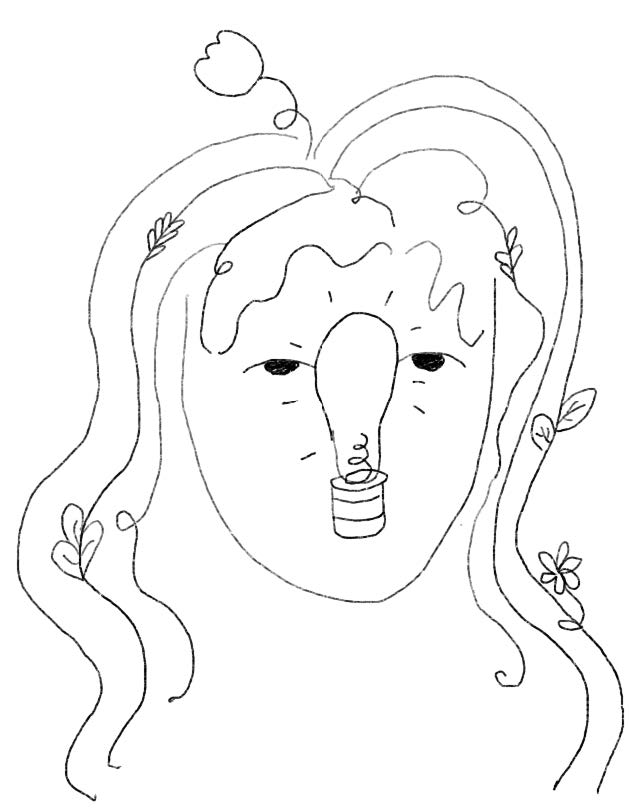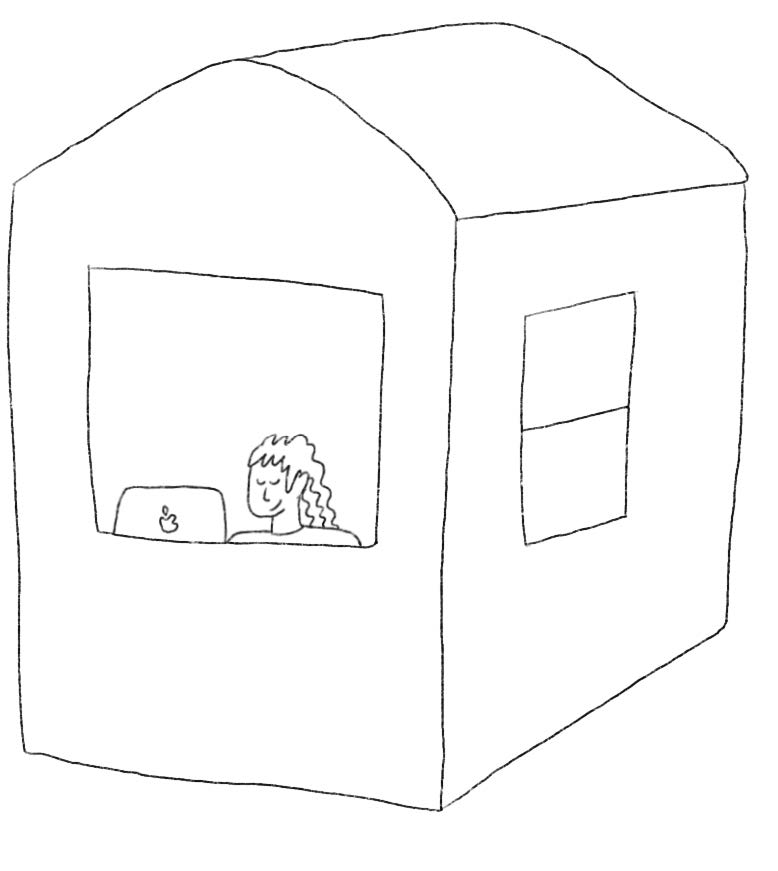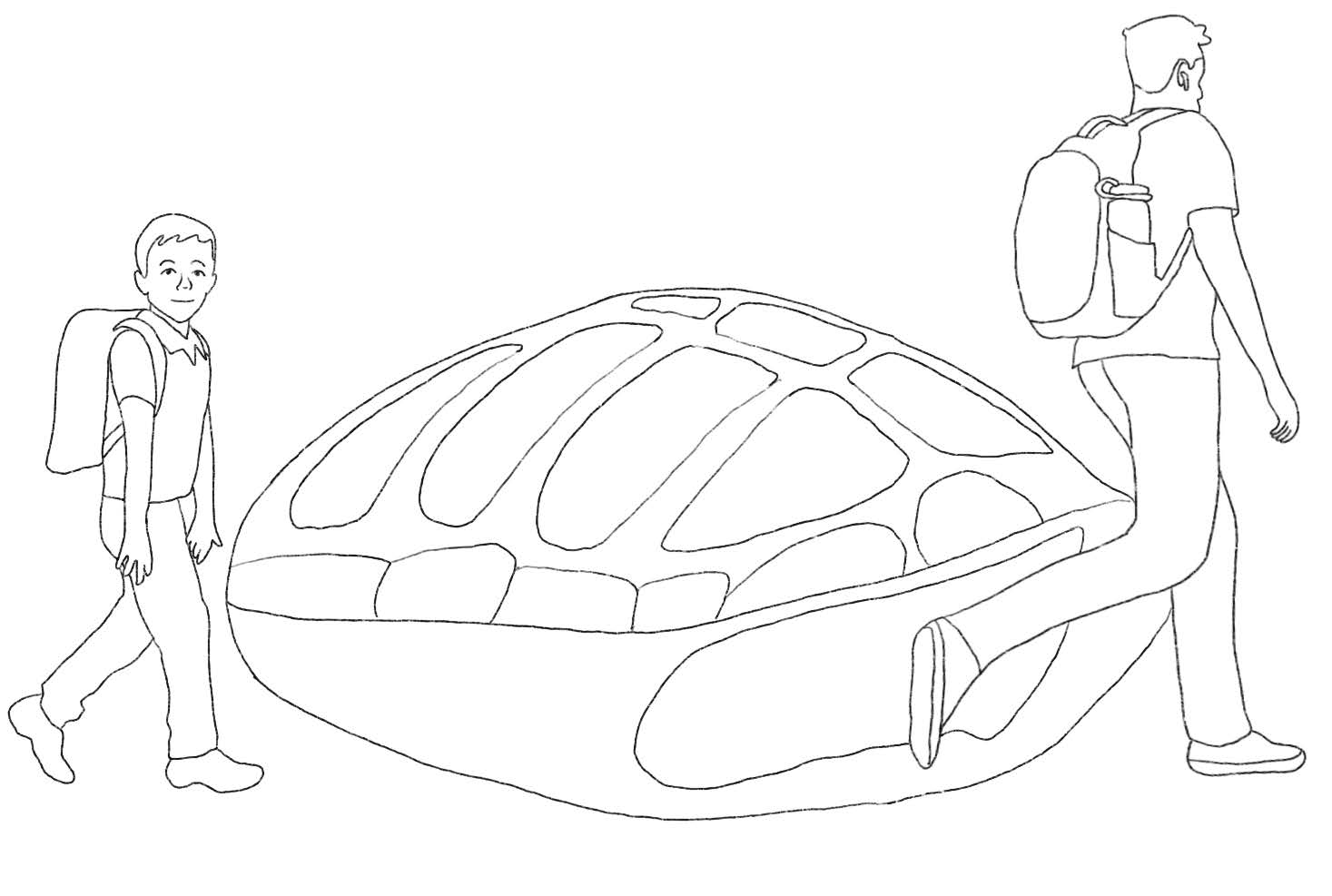Are we the issue?
Maize and Maize South experiences behavior changes in high school students in the last few years.
March 23, 2023
Busy, overwhelming, and loud describe the halls of the USD 266 high schools filled with kids ranging from ages 14-18 attempting to make it through the day.
Attitudes and the overall demeanor of the students make the already crowded halls even more of a maze to navigate.
With such ranging ages between peers and generational gaps between students and teachers, the mix creates divides amongst what should be considered a community.
With a speech class full of underclassmen, senior Nick Biddle easily saw the difference between grade levels.
“I was one of a handful of upperclassmen in the [speech] class, and you could tell just by the quality of work if it was an upperclassman’s or an underclassmen’s work,” Biddle said. “The underclassmen weren’t necessarily bad; it was just the quality and effort levels between the under and upperclassmen were drastic and kind of divided the class.”
Biddle started off his high school career being “introverted and awkward” and spent his lunches doing homework in the library; however, now, as a senior, Biddle works hard, remains determined despite challenges, and even won spring homecoming king.
“I am never one to turn down a challenge and love stepping out of my comfort zone,” Biddle said. “It took a while for me to come out of my shell and change into the person I am today.” In the upcoming four years, Biddle looks forward to better himself physically and mentally. “I’m excited for the new challenges that will push me out of my comfort zone and expose me to new things,” Biddle said.
Biddle’s advice for underclassmen and younger generations is to not hang on to people.
“If you surround yourself with good like-minded people, then high school becomes infinitely better and easier,” Biddle said. “Just be yourself and don’t push yourself into anything you don’t want to do.”
From freshman to senior year, people grow up and change emotionally from enthusiastic underclassmen to more mature upperclassmen.
For senior Emma Henderson, she views the underclassmen as still excited about their future.
“The ones in my EnCor are pretty outgoing and naive,” Henderson said. “A lot of the time, I think to myself, ‘if only you knew,’ but they’re very eager and excited, and they haven’t had the light killed inside.”
Without the extra three years to grow up, the over-eagerness and excitement for what lies ahead separate freshmen from seniors, despite the fairly small age difference.
Livia Gutierrez, a Maize South senior, feels the underclassmen are immature but understands that they are still young.
“I suppose they are a little immature, but that is explainable because we are young,” Gutierrez said. “I’m friends with some of the girls; they are the most fun girls I’ve ever met. I think people overanalyze the idea of seniors being above the other grades when in reality, the grades are only a year or two younger.”
Though freshmen are often regarded as ‘annoying’ or ‘loud’, seniors often look back on their freshman year and remember the youthful part of the experience.
“My freshman year of high school was my favorite year,” Gutierrez said. “Everyone was so excited and so carefree. We all got along and just enjoyed the school games and sports/clubs. I love school, but over the years, it’s just become somewhere I dread going.”
High school is a place to grow, which many seniors realize as they reflect on their past years and on to their future.
“I do feel like I’ve developed and changed so much over high school,” Gutierrez said. “I mean, it’s not in a bad way, but I had to grow up a lot, and I just see things so much differently than other students.”
With the shutdown from COVID-19, students lost the chance to experience social interactions. Maize High teacher Thea Lippoldt has a master’s in neuroscience and trauma and believes that our American society, collectively, was majorly affected by the virus.
“Every person was impacted by the shutdown and the social distancing, but what each student felt during this time is individual,” Lippoldt said. “As a society, we have not had mass social distancing as we saw during COVID. We do not yet know how this collective trauma impacted anyone, let alone how it impacted people at various ages.”
With the age gap between freshmen and seniors, it is understandable that there is a difference in attitudes between the classes.
“Current brain science tells us that most students entering high school do not have a fully developed prefrontal cortex,” Lippoldt said. “It is important that all students have a chance to have activities that will help them develop a solid prefrontal cortex.”

Lippoldt believes behavioral concerns have too many causes to generalize and pinpoint the root cause.
“The behaviors that we see in Maize are also occurring across the nation,” Lippoldt said. “It’s more important that we work individually with students to meet specific behavioral concerns.”
Maize High sophomore Elise Lansdown dealt with the lockdown from seventh to eighth grade and felt COVID-19 negatively impacted peoples’ behavior.
“I feel like a lot of people lost so many social interactions and experiences that would [have] been experienced in middle school [and] high school is a lot harder,” Lansdown said. “For me, it was much harder to learn online. Sometimes I feel behind because I didn’t retain information as well online. Compared to learning from home for over a year, being in school five days a week can feel like a lot. A lot of people in our grade got used to learning alone and online that being in a classroom full of people can be stressful and cause anxiety.”
Going into high school, freshmen are led to believe that it will be different and better than a middle school; however, COVID-19 has changed the mindset of many students due to a lack of experience.
Maize South freshman Clara Stover-Brown has experienced the feeling of lack of experience that COVID-19 brought to many people in her grade and others.
“People always said that high school would be better, but I feel like I can’t validly say if that is true because all of middle school was online,” Stover-Brown said. “It just kind of sucks.”
Lacking the experience COVID-19 took from them, Lansdown believes freshmen are more likely to get in trouble at school, similar to how her class was post-COVID-19.
Despite the age gaps between Lansdown and younger students, she feels she can easily connect and relate to them; however, Lansdown struggles to connect with the older generation.
“I was born in 2007, the year the first iPhone came out,” Lansdown said. “There was never a time in my life where phones, computers, and the internet didn’t exist. Adding to that, different generations use social media and technology in very different ways, so it can be hard to relate because of that.” Even a few years of age difference can lead to a difference in the way people think and act, such as with freshmen and seniors, but a difference is even more noticeable between older and younger generations, even between people separated by more than just a couple years.
“Things have changed and the way people are growing up are different,” Stover-Brown said. “Like even between siblings that are only three years apart, things are so different. Looking to people who are in fifth grade to where I was in fifth grade, they seem so much more mature or just different. Each class itself is just so different.”
With the option of graduating early, seniors need to make the decision between staying the full year or leaving after the first semester, giving them the choice to do what they want with their day.
“A lot of seniors this year graduated early, and I totally understand that,” Gutierrez said. “No one wants to wait anymore because high school has gone downhill.”
Maize High freshmen Savannah Hess would describe her class as chill, but that they have changed over the years.
“I feel like our class has obviously gotten worse as we have gotten older,” Hess said. “There’s more stuff that we now know about and at this point it’s the normal.”
Having your classes filled with everyone in your grade can make focusing on classroom tasks more difficult. Hess feels the daily struggle in her own schedule when students make it difficult for her to learn.
“It’s really hard to focus when everyone doesn’t do their work or is talking really loud,” Hess said.
Stover-Brown feels like the classes themselves are not boring or hard to focus in; it is the out-of-school activities and busy daily lives that seem to make the hour-and-a-half-long periods difficult to sit through.

“We get up so early and we have stuff after school so we go to bed late and we have homework,” Stover-Brown said. “So then when we are at school and the academic activity in class is just sitting there listening to someone talk in a monotone voice for an hour, then it makes you fall asleep.”
This inability to focus on the work and assignments in addition to teaching style can lead to students having to spend extra time at home working on their schoolwork.
“In most of my classes I’m having to do a lot of research at home because I’m not fully understanding it from the way it’s being taught so then I’ll go home and have to look up YouTube videos or articles to fully understand what we’re learning,” Stover-Brown said.
This stress that students feel at school can be carried home each night, which affects moods and the ability for people to get along.
Hess believes that society has become more mean because of their own insecurities.
“They are probably thinking about themselves when they say something mean to you or about you,” Hess said.
The halls of both Maize High and Maize South are packed full and becoming more so each year, so it is important for people to do their best to get along with each other.
“I know people always say that these friendships don’t matter because you guys won’t be friends after high school, but you’re stuck with these people for four years,” Gutierrez said. “So just make it fun and be kind. Being kind can change everything. No one knows what’s going on when people go home from school, and it costs nothing just to be nice to other students.”
